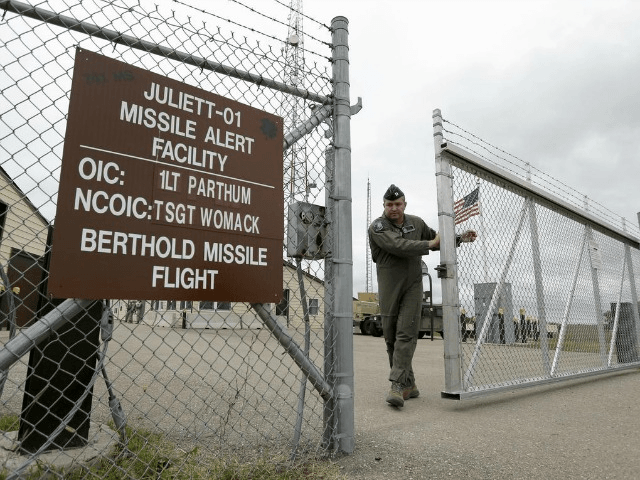A senior defense official on Tuesday said the Pentagon is backing a Senate proposal that would authorize a new round of U.S. military base closures in 2021.
“We support the Senate’s attempt to try to get a BRAC authorization inserted in the 2019 defense authorization act,” said Lucian Niemeyer, the assistant secretary of defense for energy, installations and environment, speaking on a panel hosted by the Heritage Foundation.
The base realignments and closures (BRAC) is a process by which military bases are evaluated for closure, downsizing or consolidation. There have been five previous rounds of BRAC, with the last round in 2005.
The proposal was drafted by Senate Armed Services Committee Chairman John McCain (R-AZ) and Ranking Member Jack Reed (D-RI) as an amendment to the pending 2018 Defense Authorization Act, which authorizes the Pentagon’s spending and activities and typically passes by the end of the calendar year.
The political prospects of a new round of base closures is unclear.
Congress has rejected proposals for new rounds during the last six years of the Obama administration, over the negative impact it could have on local communities and the immediate costs before any savings materialize.
But Niemeyer argued that it was not just about saving money, but that it was more about implementing a new national defense strategy and keeping up with new technologies.
“The more important thing for us, the Department of Defense, is the fact that we’re undergoing a process within the department for the review and update of the national defense strategy,” he said at the Heritage Foundation.
“We’re also looking at a whole new realm, era of new technologies, new methods of warfare, emerging capabilities, and fifth generation weapons systems,” he added.
According to the latest Pentagon estimate, over 20 percent of current military infrastructure is not needed.
Niemeyer said it was better to close bases through BRAC rather than by other means, since the process involves planning to quickly redevelop properties.
“BRAC really does provide not just a clear and transparent process, but also a great deal of ability for the Department of Defense to assist those communities who are impacted by BRAC,” he said.
Niemeyer said the proposal was in line with Defense Secretary Jim Mattis’ top priorities—to address military readiness immediately, increase military capabilities, and enhance lethality, stating:
BRAC has been a great process for the Department of Defense to really take a look at itself to really stand back and say ‘OK, where do we really need to go with military value, where do we need to look at, what is happening in the world of weapons systems, emerging technologies, and how could we best station our forces domestically in order to take advantage of those opportunities provided by installations infrastructure, as well as to maximize our effectiveness of our weapons systems and training?
Niemeyer, a retired lieutenant colonel in the Virginia Air National Guard, was previously a professional staff member at the Senate Armed Services Committee, where he managed the military installations portfolio.

COMMENTS
Please let us know if you're having issues with commenting.